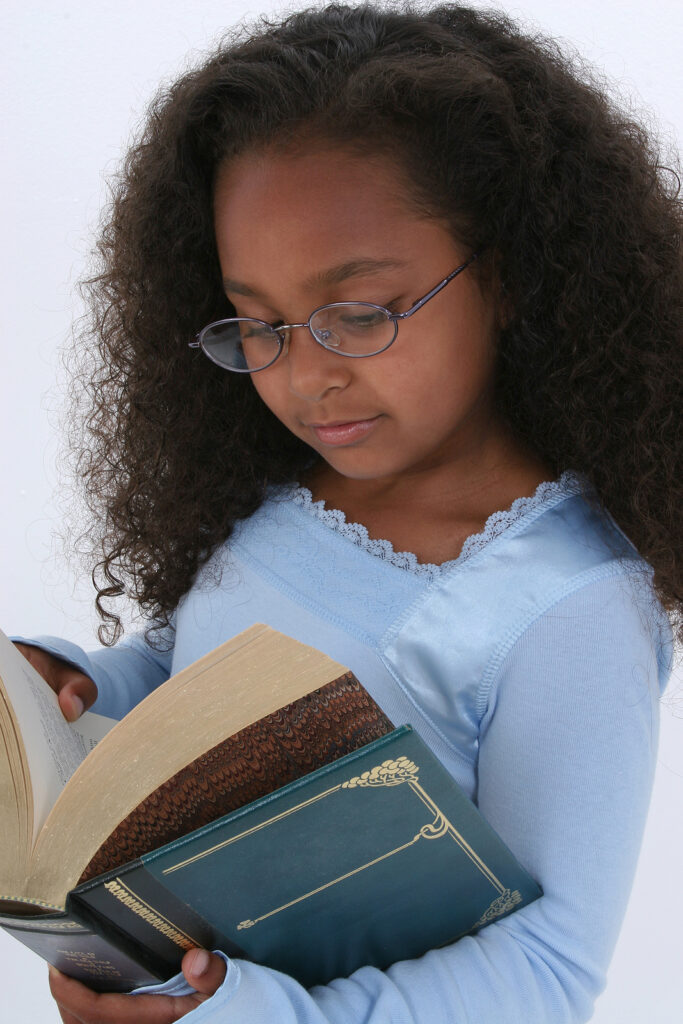- Select Option
- Education
- COVID-19 Information & Resources
- Dyslexia
- Eligibility
- GCEE and GNET
- Inclusion
- McKinney-Vento Homeless Assistance
- Multi-Tiered System of Supports (MTSS)
- Parent Involvement
- Parent Rights & Dispute Resolution
- Private and Non-Traditional Schools
- Reading & Literacy
- Reading Strategies
- Reading Materials
- School Discipline
- Special Education Law
- Teaching Strategies
- Understanding IEPs
- Education Library

Education
Reading & Literacy
Literacy development is a vital part of your child’s overall development. It’s the foundation for doing well at school, socializing with others, problem-solving, making decisions, developing independence, managing money and working. (RaisingChildren.net.au)
Reading and Literacy Resources for Families
- Bookshare
- Georgia Department of Education Parent Resources – Supporting Your Child’s Reading Development
- Georgia Department of Education Reading Strategies (Videos & Handouts)

- Get Georgia Reading and Get Georgia Reading At Home
- Georgia’s Pre-K Program Book List (coming soon)
- National Education Association – Raising Readers: What Parents Can Do
- National Center on Improving Literacy (NCIL)
- Five Big Ideas of Beginning Reading (infographic)
- Four Types of Vocabulary (infographic)
- Vocabulary Instruction (infographic)
- Reading Rockets
- Scholastic – 15 Reading Materials That Aren’t Books – Try these creative ways to use all kinds of print to read with your children. These are all great options: magazines, comics, manuals, newspapers, poetry, travel brochures, encyclopedias, sports programs, catalogs, recipes, dictionaries, play scripts, atlases, road signs, and books they write.
- Understood.org Resources:
- Beyond Books: 6 Fun Things for Kids to Read (Spanish)
- 4 Steps to Choosing Books at Your Child’s Reading Level (Spanish)
- 8 Tips to Help Young Kids Develop Good Reading Habits (Spanish)
- 14 Ways to Encourage Your Grade-Schooler to Read
- 10 Ways to Encourage Your Preschooler to Read (Spanish)
- Assistive Technology for Reading (Spanish)
Reading Rockets Tips for Parents and Families of
- Babies, Toddlers, Preschoolers, Kindergarteners, First Graders, Second Graders, Third Graders
- Tips in Arabic, Chinese, Haitian Creole, Hmong, Korean, Navajo, Russian, Spanish, Tagalog, Vietnamese
What is Dyslexia?
“Dyslexia is a learning disability in reading. People with dyslexia have trouble reading at a good pace and without mistakes. They may also have a hard time with reading comprehension, spelling, and writing. Some experts say 5 to 10 percent of people have dyslexia. Other say as many as 17 percent show signs of it. People with dyslexia don’t outgrow it. But there are teaching approaches and strategies that can help them improve their reading skills and manage the challenges.” (Understood.org)
Information and resources related to dyslexia, including screening, assessment and intervention can be found here.
Literacy and a Multi-Tiered System of Supports (MTSS)
- Within Georgia Tiered System of Supports, literacy instruction at all tiers requires a research-based curriculum and differentiated instruction across all domains of literacy.
- Georgia Tiered System of Supports provides differentiated academic, behavioral, and well-being supports to students. Such an approach has been shown to significantly impact student proficiency in reading.